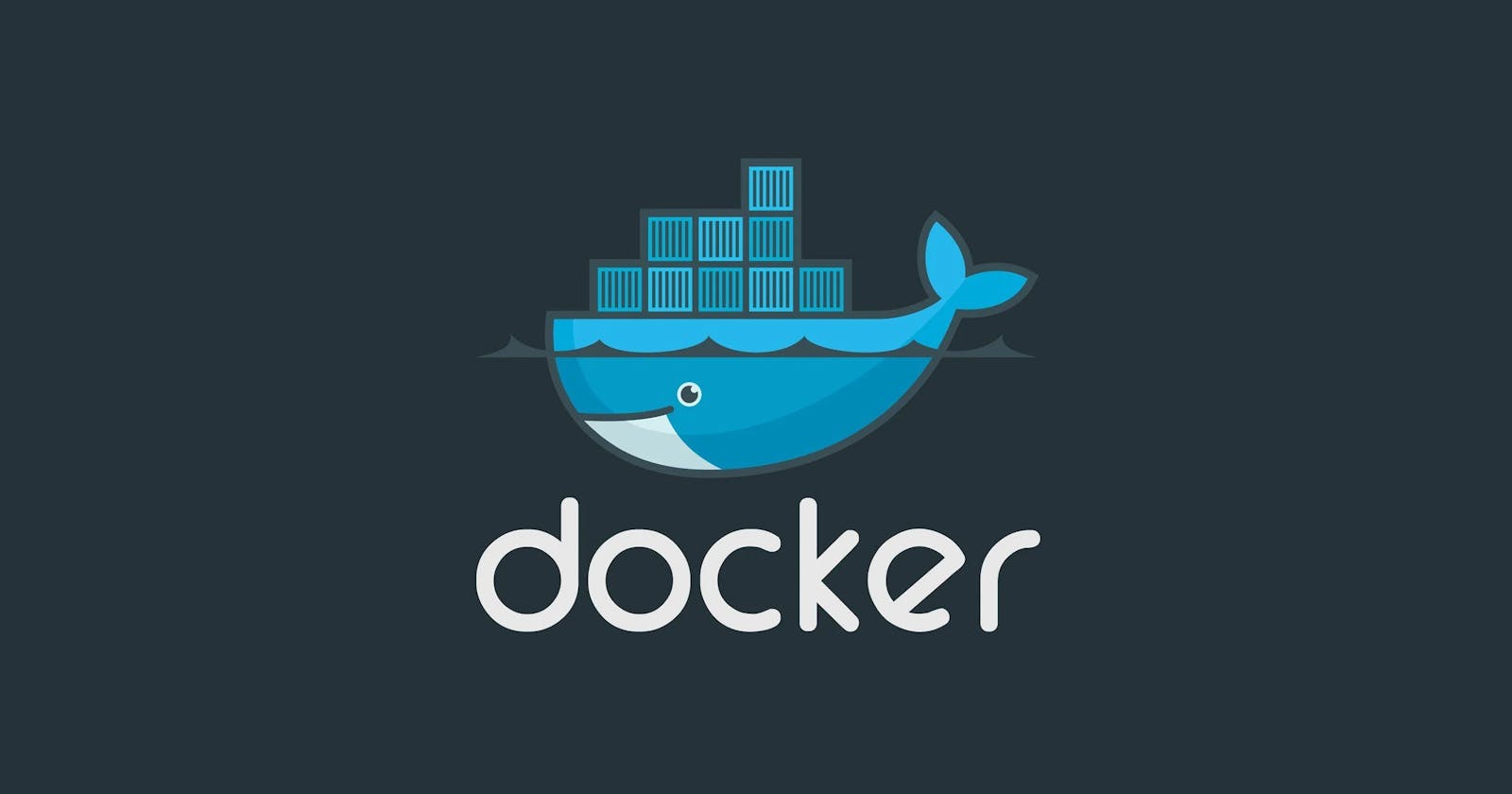Hey guys, it's been a while since my last blog about Linux commands. And now this blog is all about the necessary Docker commands.
Note:- This blog doesn't include all the theory parts but only the main definitions and this is exclusively for commands used in Docker.
Let's get started
What is Docker?
Docker is a container platform that allows you to build, test and deploy applications quickly. A developer defines all the applications and their dependencies in a Dockerfile which is then used to build Docker images that define a Docker container. Doing this ensures that your application will run in any environment.
Basic Docker commands:
docker --version - displays the version of the docker we are using
docker version --format '{{json .}}' - displays all the information of our
docker in json format
docker info - info about the docker version
docker --help - lists all the docker commands
docker (command) --help - gives detailed information about a particular
command
What is an Image?
A Docker image is a file used to execute code in a Docker container. Docker images act as a set of instructions to build a Docker container, like a template. A Docker image contains application code, libraries, tools, dependencies and other files needed to make an application run. When a user runs an image, it can become one or many instances of a container.
Commands related to Images:
docker run hello-world - if hello-world is already locally present in the
system then it won't pull. But if it isn't locally
then it pulls from docker hub registery and
downloads the image
docker images - lists all the docker images which are locally present
docker image ls - lists all the docker images which are locally present
docker run -it ubuntu - runs the ubuntu image which is already present
locally and then the terminal in the container opens
which is an interactive shell
docker pull ubuntu:20.10 - downloads the image directy instead of running
it. [20.10 is one of the previous version of the
ubuntu]
docker ps - lists all the containers that are currently running
docker run (image) - it is not an interactive shell
docker run -d (image) - it runs in the background but not an interactive
shell
docker run -it -d (image) - it runs in the background as an interactive shell
but gives random names
docker run -it --name=chrisredis -d (image) - this command would solve the
above problem with a specified name
docker search (image) - displays all the locations where the specified image
is present
docker images -q - lists all the image Ids
docker rmi $(docker images -q) -f - will remove all the stopped images at a
time
docker rmi (container Id) -f - will remove specific images
What is a Container?
A container is a runnable instance of an image. A Docker container image is a lightweight, standalone, executable package of software that includes everything needed to run an application: code, runtime, system tools, system libraries and settings. Container images become containers at runtime and in the case of Docker containers – images become containers when they run on Docker Engine.
Commands related to Containers:
docker container ls - lists all the containers that are currently running
docker container exec -it (container Id) bash - attaches bash with the
running container
docker stop (container Id) - stops the running containers
docker kill (container Id) - stops a running container
docker ps -a - lists all the stopped containers
docker rm (container Id) - removes the specified stopped container from the
list
docker inspect (container Id) - displays all the information about the
running container
docker logs (stopped container ID) - displays all the commands used in that
container session with their outputs
docker container prune -f - deletes all the stopped containers
docker run -d -p 8060:80 nginx - accessing a container locally(local
host).Forwards all the requests of
localhost to standard port 80 of nginx
which is called port forwarding
docker stats - displays all the memory consumption details of containers
How to create our own Docker Image?
First, create a Dockerfile with some instructions in it.
Dockerfile is a simple text file that consists of instructions to build Docker images.
touch Dockerfile
vi Dockerfile
and then in the vim editor give some instructions like:
FROM ubuntu - (ubuntu is a base image)
RUN apt-get update
CMD ["echo", "Hello, Iam Chris"] - executable which has to be run
Now, for building an image out of Dockerfile use the following command:
docker build -t demoimage . - demoimage is the image name and '.' is the
current directory
Note: Avoid keeping the current directory as Desktop as it has many files in it which takes a lot of time to transfer into the daemon server.
What are Docker Volumes?
Docker volumes are a widely used and useful tool for ensuring data persistence while working in containers. Docker volumes are file systems mounted on Docker containers to preserve data generated by the running container.
Commands related to Docker Volumes:
docker volume create - creates a volume
docker volume inspect - Displays detailed information of the volume
docker volume ls - lists all the volumes
docker volume prune - Remove all unused local volumes
docker volume rm - Remove one or more volumes
As I've mentioned at the start of the blog that this blog will only cover the necessary commands in Docker but doesn't include theory parts except for some important definitions.
For detailed theory information kindly go through Kunal Kushwaha's blog on Docker.
Thank you guys for reading. I hope this blog helped you in some way. I'll be back with many more blogs on MyDevOpsJourney.
You can contact me:
Twitter - https://twitter.com/Chris__Jonathan
LinkedIn - https://www.linkedin.com/in/chris-jonathan/
